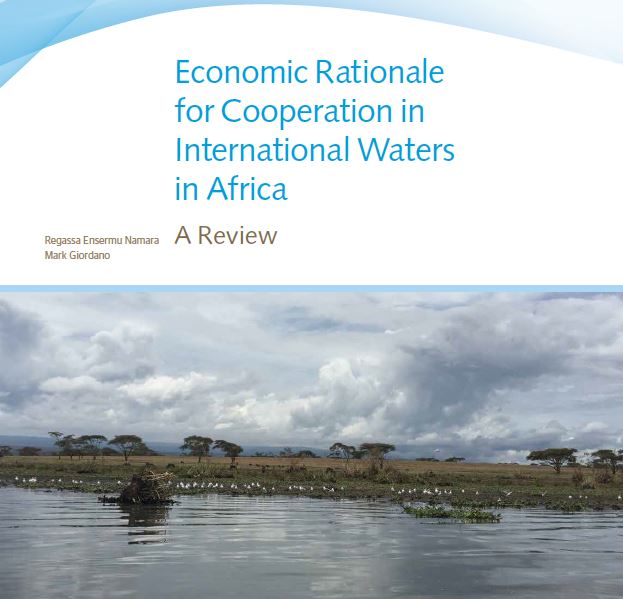Economic Rationale for Cooperation in International Waters in Africa A Review
Transboundary river basins cover 62 percent of Africa’s total area and, with the exception of island states, every African country has at least one international river in its territory. Ten are shared by four or more countries (Sadoff et al. 2002). As a result of the dependence on transboundary waters, transboundary water governance in Africa is central to any national or regional water strategy and any economic, poverty reduction, and environmental strategy. Despite the potential payoff from water cooperation, forging meaningful agreements for shared water management faces numerous challenges. Impediments to negotiated cooperation include differences in up- and downstream views on water rights and histories of water use; negotiating philosophies focused on the belief that water is a zero-sum game; geographic and political power differentials that conflict with basinwide solutions; and uncertainty over basic water resources data that increase the perceived risks of cooperation. This paper provides a review of the challenges to transboundary water cooperation, pathways for overcoming those challenges, and the role of economics in facilitating the discovery of those pathways. While it is written to focus on African transboundary waters, the report draws from broader transboundary water literature. Appendices include case studies on both game theory and hydro-economic analysis in transboundary cooperation for several river basins, including some from Africa.
